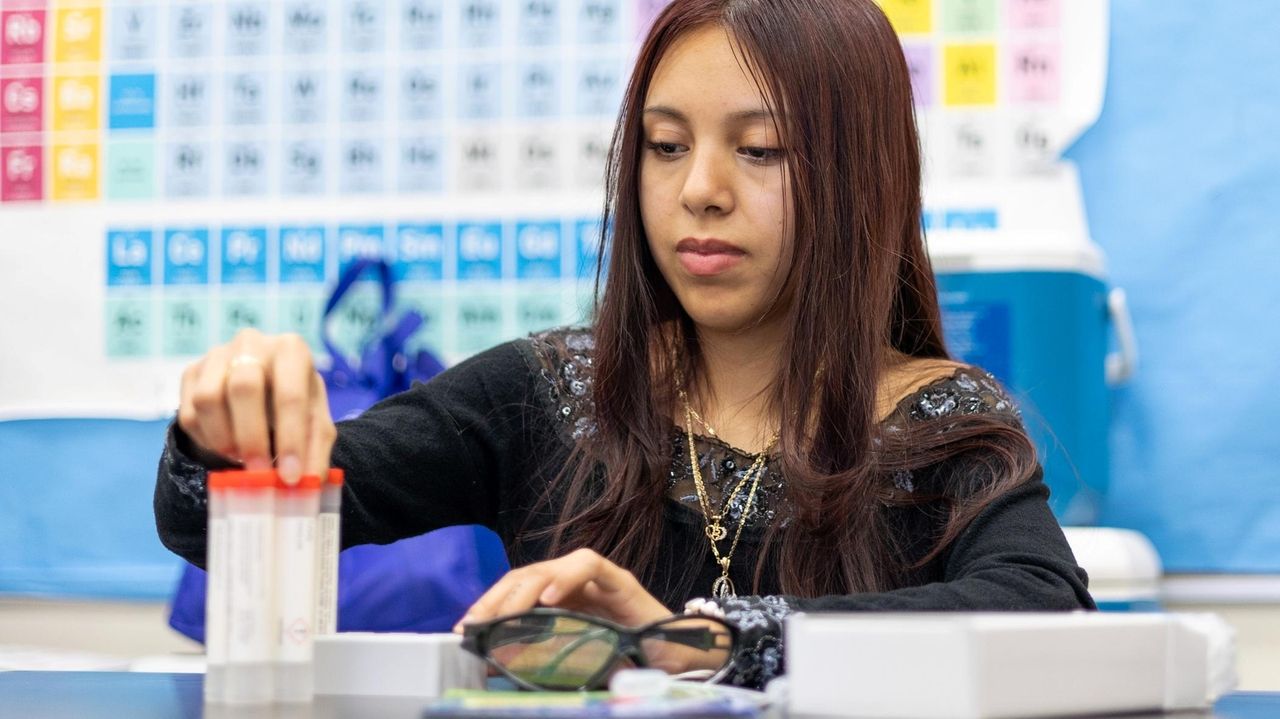Manufacturing Dreams: $975K Boost Paves Career Highway for Long Island's Next-Gen Workforce

The Institute for Workforce Advancement is revolutionizing its manufacturing program with a bold new focus on green energy and workforce preparedness. This innovative initiative aims to bridge the gap between emerging sustainable technologies and skilled labor, positioning workers at the forefront of the clean energy revolution.
By expanding its curriculum, the institute will provide comprehensive training that equips professionals with cutting-edge skills in renewable energy sectors. From solar panel installation to wind turbine maintenance, students will gain hands-on experience in the most promising green technology fields.
The program's strategic approach goes beyond technical training, emphasizing workforce readiness through critical professional development skills. Participants will learn not just technical expertise, but also adaptability, problem-solving, and collaborative techniques essential in modern manufacturing environments.
With industries increasingly prioritizing sustainability, this forward-thinking program represents a critical investment in both human capital and environmental innovation. The Institute for Workforce Advancement is not just training workers—it's preparing a new generation of green technology professionals ready to drive meaningful change in the manufacturing landscape.

